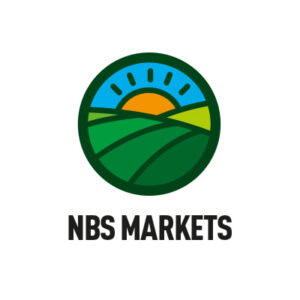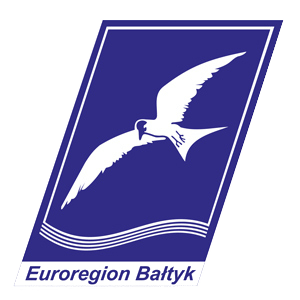
NBS Markets - Nature Based Solutions in Public Markets and Trading Areas of SB Cities
NBS Markets
- Gdańsk University of Technology,
- the City Initiative Association,
- Skoodas district Municipality,
- University of Wismar
- Aarhus University, Department of Environemntal Science
Project related events

NBS Markets - meeting in Gdansk
On July 6 this year, representatives of the Association of Polish Communes Euroregion Baltic worked in Gdansk, where a cross-border […]

NBS Markets - second online meeting
The NBS MARKETS seed project, which aims to create strong partnerships that work together to develop and test methods to […]

NBS MARKETS PROJECT E-MEETING - FIRST ONLINE MEETING 26.04.2023
Another meeting of the consortium of the NBS MArkets project implemented with seed funding from the Interreg South Baltic programme […]

Kick off conference -April 11, 2023
On April 11, 2023, the kick-off conference of the NBS Markets project (online) was held. Project is co-financed under the […]
NBS Markets - Nature Based Solutions in Public Markets and Trading Areas of SB Cities
The overall goal of the project is to create strong partnerships that work together to develop and test methods for introducing nature-based solutions in markets. Implementation of a future regular project will increase the use of green technologies in cities and locally solve the problem of pollution and waste generated by markets. The seed money project will be used to identify city partners for the target project, locate problem areas and create an outline plan for research and projects, for future implementation.The goal of the seed money project is to develop four “teams” researching and implementing pilot solutions in four different locations. Each team will consist of at least two partners, including:
1. R&D partner responsible for research and development,
2. Municipal partner responsible for carrying out the pilot and assessment.
Public markets play an important role in European cities. They are places of trade with a potential to become places of sustainable consumption, inclusiveness and environmental transformation. This potential is already recognised by international organisations and individual municipalities (notably cities of Barcelona and London) across Europe. However, it still remains untapped in many areas, especially in Central and Eastern European cities of the SB region. Markets in cities from Central and Eastern Europe have their own set of particularities resulting from their geographical location (climate), they are often localised in central parts of city districts, offer direct access to local produce and are important meeting places. At the same time, they are places that are very often heavily concreted, with little architectural value and devoid of greenery. They are often a source of surface runoff with various origins as well as pollution content resulting from heavy pedestrian and road traffic and trade activities. Despite common characteristics of markets, there is a need to develop solutions that suit their individual needs based on the site-specific issues. We see the current situation not only as a chance to regenerate public markets but also to introduce new vital functions transforming them into spaces rejuvenating neighbourhoods. The project seeks to tackle the potential of urban markets to become catalysts for environmental change. The overall objective of the project is to establish strong partnerships that cooperate to develop and test methods to introduce nature based solutions in markets. Implementation of the future regular project will increase the use of green technologies in cities and address the issue of pollution and waste generated by markets locally. The seed money project will serve to identify municipal partners for the target project, locate problem areas and create an outline of a research and project plan, to be implemented in the future.
PROJECT BRIEF:
Project area: Increased use of green technologies in order to decrease the pollution discharges in the South Baltic area
Project scope: South Baltic area
The role of STG ERB: Partner with own budget
Co-financing rate 85%
Project budget: 40.000 EUR
STG ERB budget: 5.500 EUR
Project consortium: 3 partners from Poland, 1 partner from Lithuania, 1 partner from Germany, 1 partner from Denmark
